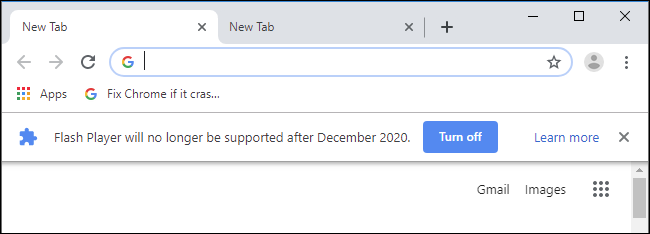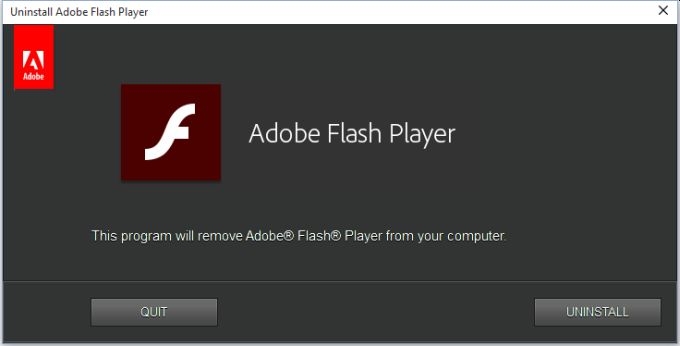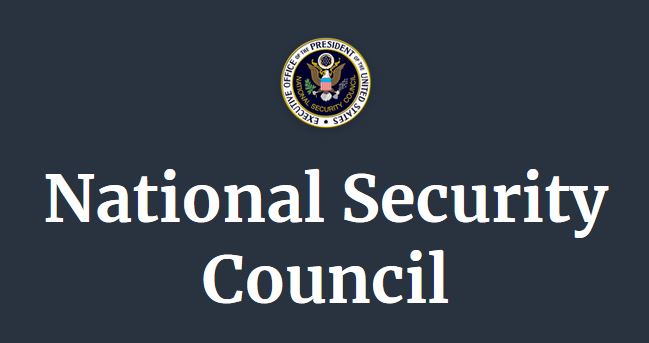Hello All. Recall all the days of having to deal with Adobe Flash-based attacks? Arbitrary code execution flaws? Users not always updating their devices to the most recent version of software right away, leaving them susceptible to the thousands of known vulnerabilities. How about exploit kits that took advantage of vulnerabilities in Flash – for example, a hacker may decide to use an exploit kit delivered by website redirect. That means, when a user clicks on a website link in their browser, an embedded script redirects the user to a hacker’s landing page that contains the exploit kit. Remember a few years ago when an unpatched bug in Adobe Flash was being targeted by the Angler Exploit Kit – causing all kinds of ransomware hits?
Well, I am happy to say we can put all of that behind us. Adobe Flash Player is officially non-functional, and it’s time to uninstall the program once and for all. In a coordinated announcement from Adobe, Apple, Microsoft, Google, and Mozilla in July 2017. we learned that Adobe Flash Player would officially reach the end of life on December 31st, 2020.

When Adobe released their final version of Flash Player in December, they also announced that recent versions of the software include a kill switch that prevents Flash Player from loading Flash content starting on January 12th, 2021.
It is now January 14th, and as Flash content no longer runs in Flash Player, it is time to uninstall the software. Now, when you try to open Flash content, which most browsers automatically block by default, Flash player will display the following icon that opens the when you click on it.



